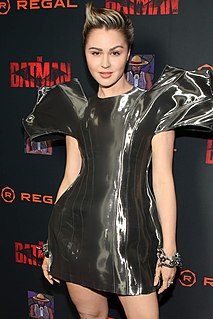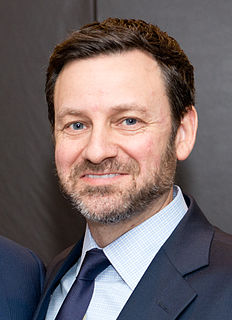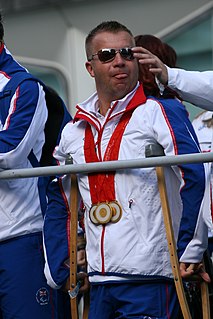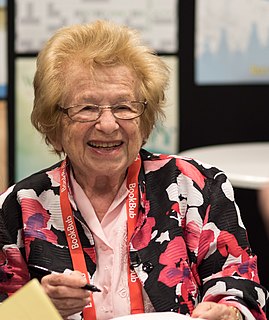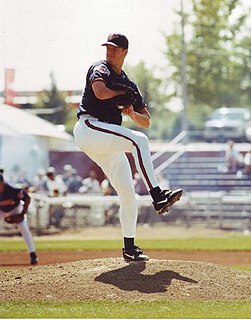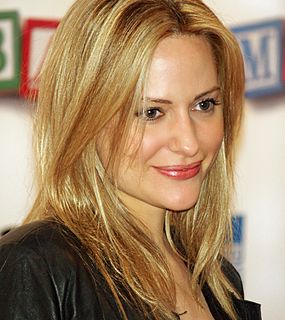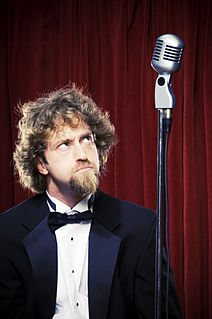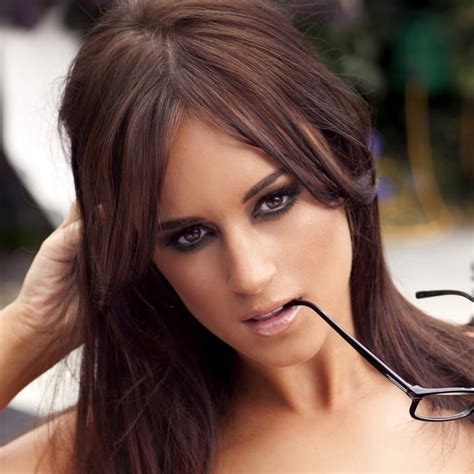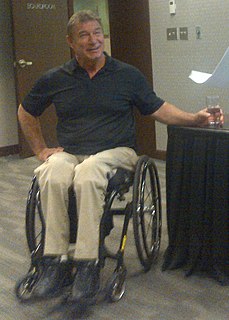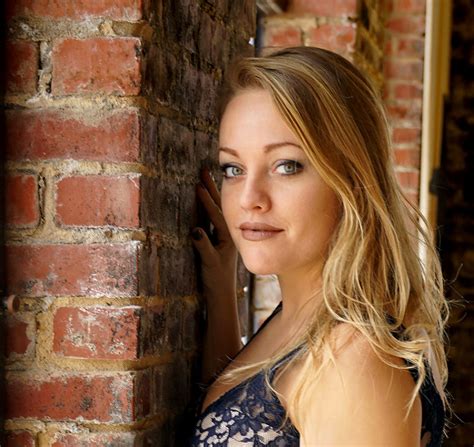A Quote by Viktoria Modesta
Forget what you know about disability.
Quote Topics
Related Quotes
A savant, by definition, is somebody who has a disability and, along with that disability, has some remarkable ability. Prodigies and geniuses have the remarkable abilities that the savant shows, but they do not have a disability. So, by definition, a savant includes someone with a disability, and a prodigy or genius are people who have these remarkable skills but they do not have a disability.
When you love a woman don't be bothered about what others have said about love, because that is going to be an interference. You love a woman, the love is there, forget all that you have learned about love. Forget all Kinseys, forget all Masters and Johnsons, forget all Freuds and Jungs. Please don't become a language professor. Just love the woman and let love be there, and let love lead you and guide you into its innermost secrets, into its mysteries. Then you will be able to know what love is.
There are millions of people out there ignoring disabilities and accomplishing incredible feats. I learned you can learn to do things differently, but do them just as well. I've learned that it's not the disability that defines you, it's how you deal with the challenges the disability presents you with. And I've learned that we have an obligation to the abilities we DO have, not the disability.
I like the idea of doing a little movie every week. When you do a movie, you don't know when it's going to come out. In a year, you forget about it. I forget stories that happened on set. I forget who I worked with. I forget my lines, my characters' names. This is so fresh. We make it, and it's on TV. It feels more like a living, breathing thing.
The only thing I know that makes me feel comfortable is to know as much as I can. Not like what the shots are going to be, but knowing enough about my character that I can forget those things. And more specifically, my lines. I have to know my lines. I have to know something really well, so I can forget it when we're doing it. And there is comfort in knowing, "Okay, there's not another stone that I could have overturned."
